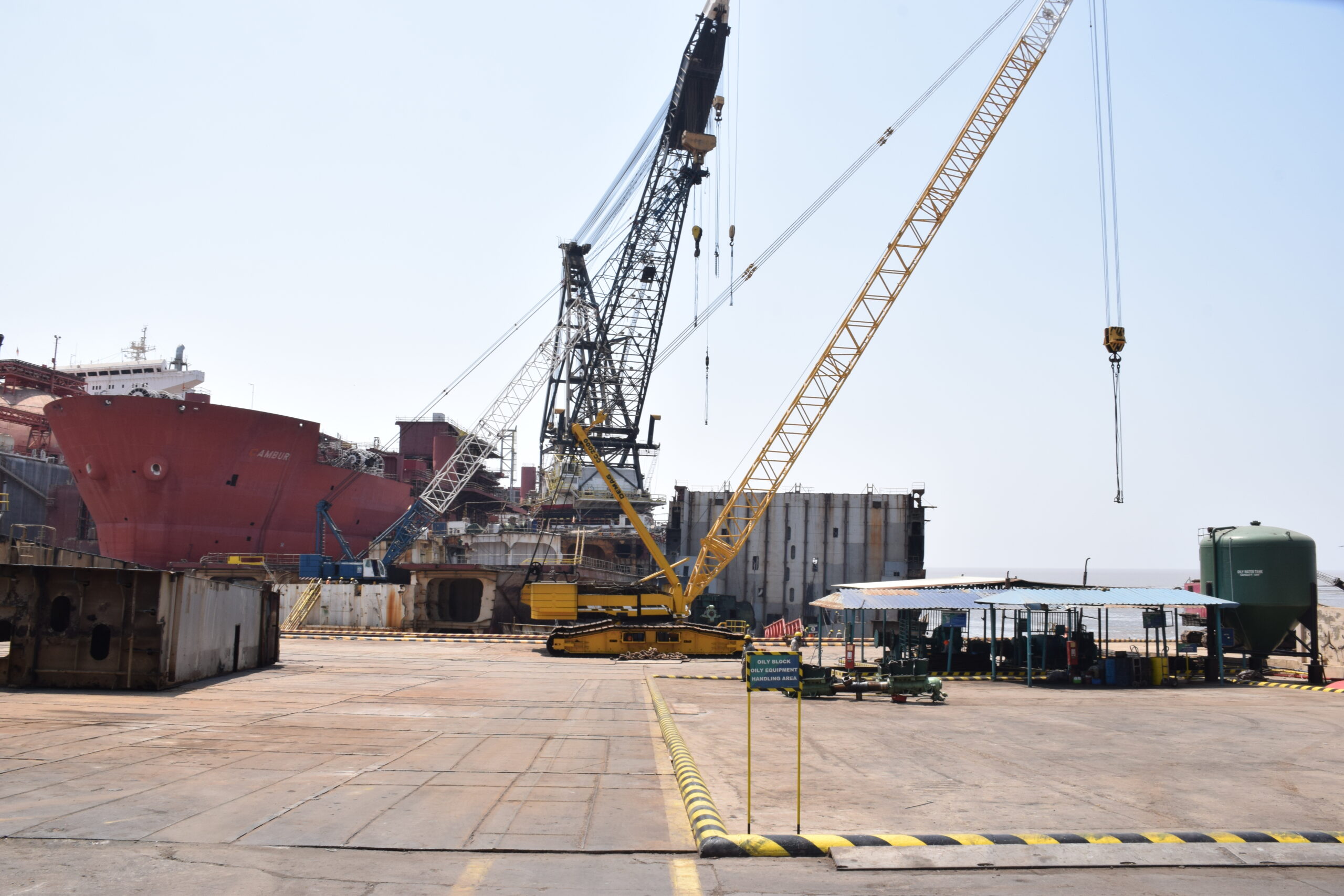Ship Recycling Market Update: A Tale of Two Regions
The latest report from GMS paints a contrasting picture of the global ship recycling market. While some regions struggle, others experience a much-needed revival.

Bangladesh and Pakistan See a Resurgence
The good news comes from Bangladesh and Pakistan. These markets have seen a significant turnaround since the beginning of the year. This is due to two key factors:
- Increased L/C approvals: Banks are issuing Letters of Credit (L/C) at a faster rate, allowing ship purchases to proceed more smoothly.
- Strong demand for tonnage: After a slow period in late 2023, many shipbreaking yards are eager to acquire new vessels. This hunger for tonnage signifies a return to activity.
Furthermore, the currencies of both countries have been stable, creating a more predictable environment for businesses. This stability is especially important in contrast to the situation in Turkey.
Challenges in Turkey and India
The Turkish ship recycling industry faces significant headwinds. The Turkish Lira’s ongoing devaluation against the US Dollar erodes profits for Turkish shipbreakers. This economic pressure makes it difficult for them to compete effectively in the global market.
India, another major player, also experiences difficulties. The market is grappling with:
- Volatile steel plate prices: Uncertain fluctuations in steel plate prices create challenges for Indian recyclers in calculating their profit margins.
- Uncertain election outcomes: Upcoming national elections in India cause anxiety among Alang shipbreakers. The outcome could significantly impact economic policies, including those affecting the steel industry.
- Cheap Chinese imports: The influx of cheap steel billets from China disrupts the market. Even with anti-dumping measures in place, these imports create uncertainty and make Indian steel less attractive to Alang buyers.
As a result of these challenges, many Indian recyclers are hesitant to purchase ships at current prices, fearing losses. This wait-and-see approach further dampens market activity in Alang.
Overall Market Trends
The global supply of ships available for recycling remains low. This can be attributed to:
- Strong dry bulk market: As dry bulk shipping rates climb, ship owners are more likely to keep their older vessels operational for drydocking and repairs rather than sending them for scrap.
- Limited container ship movement: The container shipping market hasn’t seen significant activity towards scrapping older ships yet this year.
This limited supply, coupled with the resurgence in Bangladesh and Pakistan, has shifted the industry’s focus towards these markets.
Looking Ahead
The future of the ship recycling market in 2024 remains uncertain. The tight supply of tonnage is likely to continue for the rest of the year due to factors mentioned above. Whether the Indian market can recover and the Turkish market can weather the currency storm will be crucial factors to watch.
In Conclusion
The global ship recycling market is experiencing a period of uneven growth. While Bangladesh and Pakistan see a welcome revival, India and Turkey face significant challenges. The limited supply of available ships further complicates the situation. As the year progresses, it will be interesting to see how these factors play out and impact the industry’s overall health.
Disclaimer:
Hey there! Just a heads-up: the stuff you find on this website is meant for general info only. We try our best to keep it accurate and up-to-date, but we can’t guarantee it’s always perfect. We’re not making any promises about how complete, accurate, reliable, suitable, or available the info, products, or services on here are for your needs.
So, if you decide to rely on any of this info, just know it’s at your own risk. We’re not responsible for any losses or damages that might happen because of using this website, whether it’s indirect, consequential, or anything else. That includes things like losing data or profits. Thanks for understanding!
Author: shipping inbox
shipping and maritime related web portal








